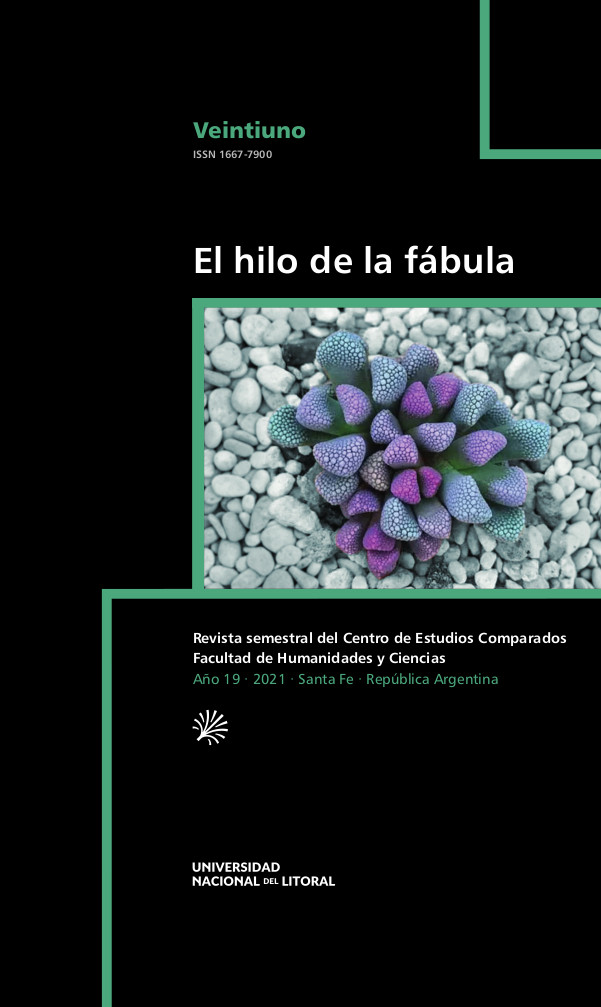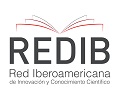De abismos y puentes: intimidad y memoria en Adrián Bravi y Maximiliano Mariotti.
DOI:
https://doi.org/10.14409/hf.v0i21.10562Keywords:
Literature, Migration, Language, Identity, MemoryAbstract
The purpose of this article is to analyze some works by two Italian-Argentine authors: Adrián Bravi and Maximiliano Mariotti, who publish narrative works in the adopted language: Bravi, Argentine, in Italian, and Mariotti, Italian, in Spanish. Both authors stand on a line of tension between languages and cultures due to their condition as migrant subjects grown up and formed in a semiotic continuum different from the one they choose for their writing careers. Their frontier position puts them in a peculiar condition towards the language they use. Mariotti's statement in one of his stories, «there is an abyss between giving and receiving, and the narrowest abyss is the most difficult to bridge» (Mariotti, 1982:149), seems to be particularly adequate to describe this relationship between two languages of the same romance family whose apparent closeness contributes to the social construction of an «otherness» full of stereotypes. The reading hypothesis is that change of language and literature of migration establish special relationships that dynamize particular tensions within the canon but also de-construct and re-construct worlds that are linked to the condition of migrant and permanently refract the presence of the self who writes trying to build bridges to connect memory and identity and contribute to bridge abysses. This article will take some aspects of the works of the two writers that are particularly significant in this sense.












